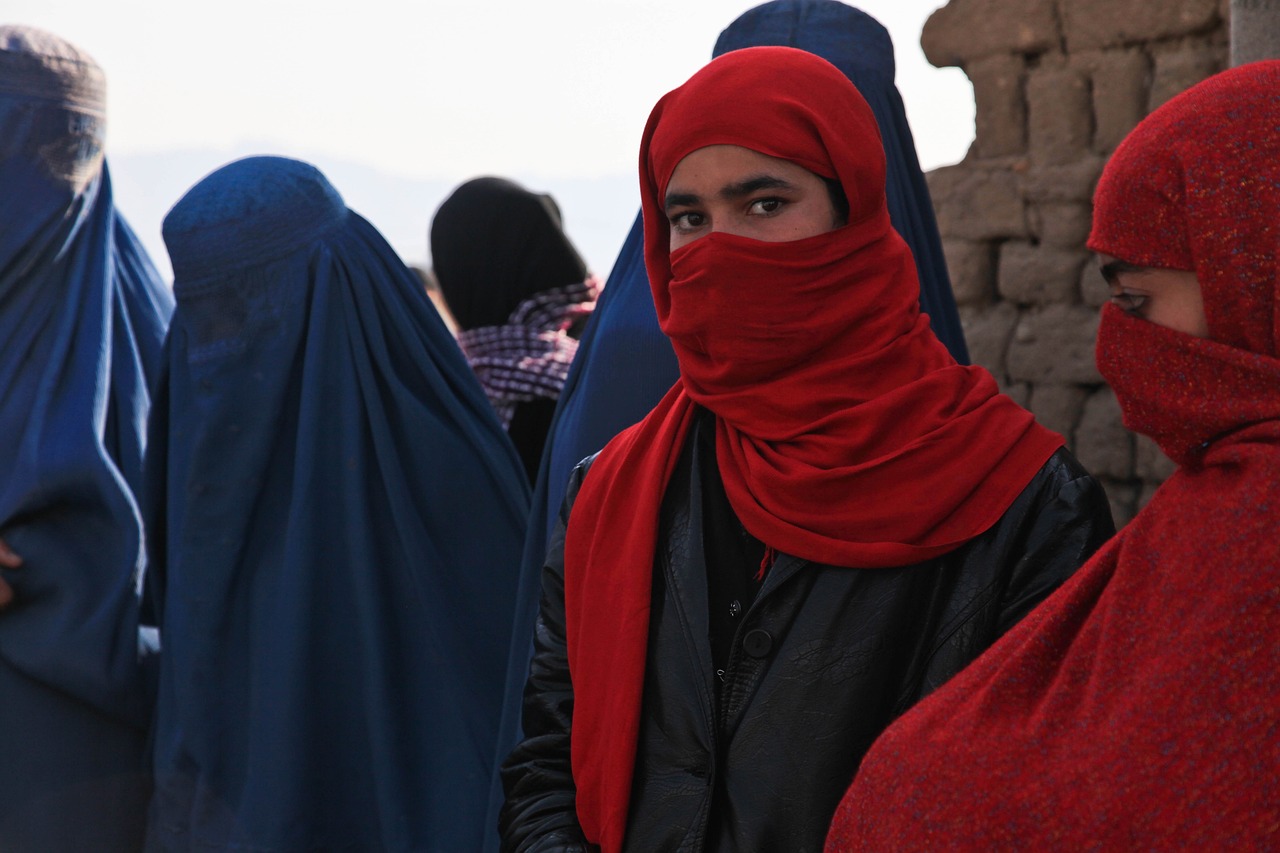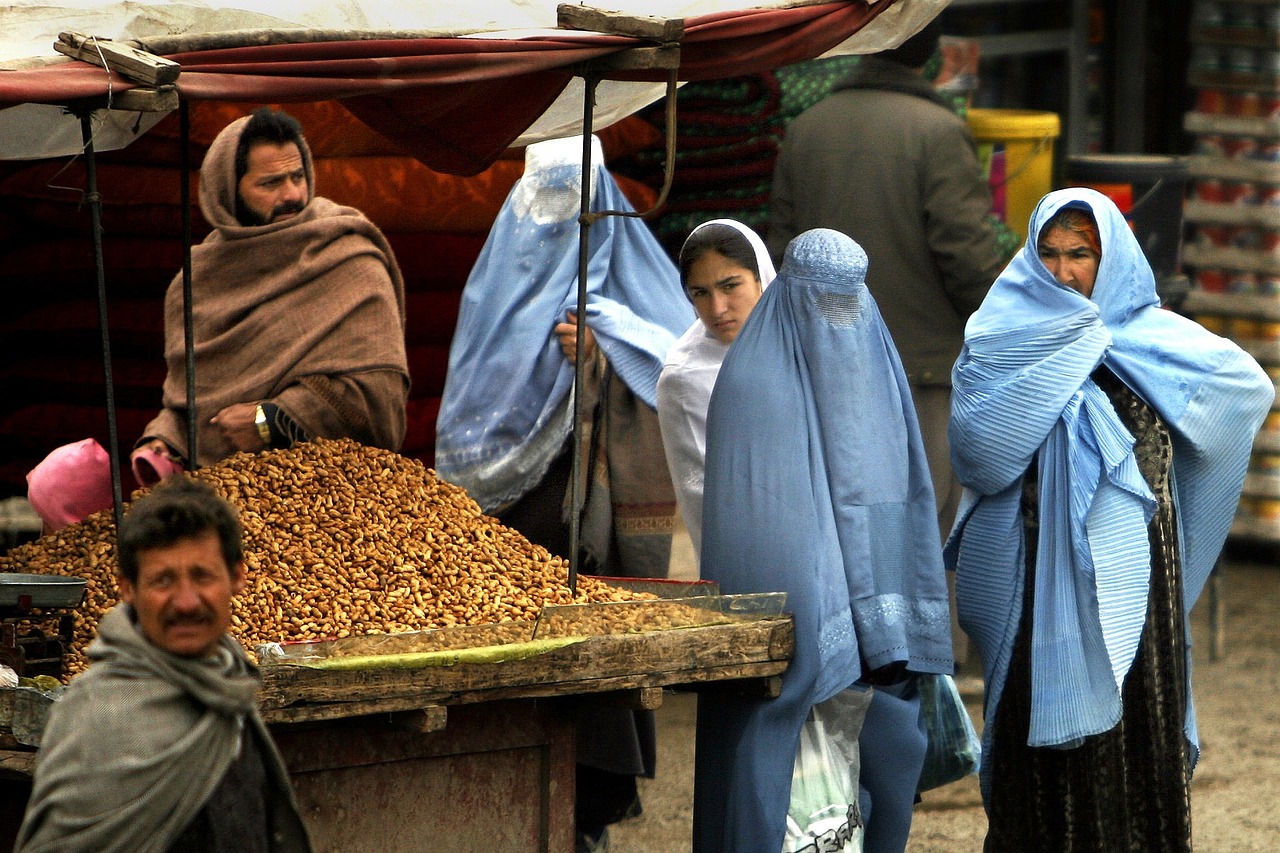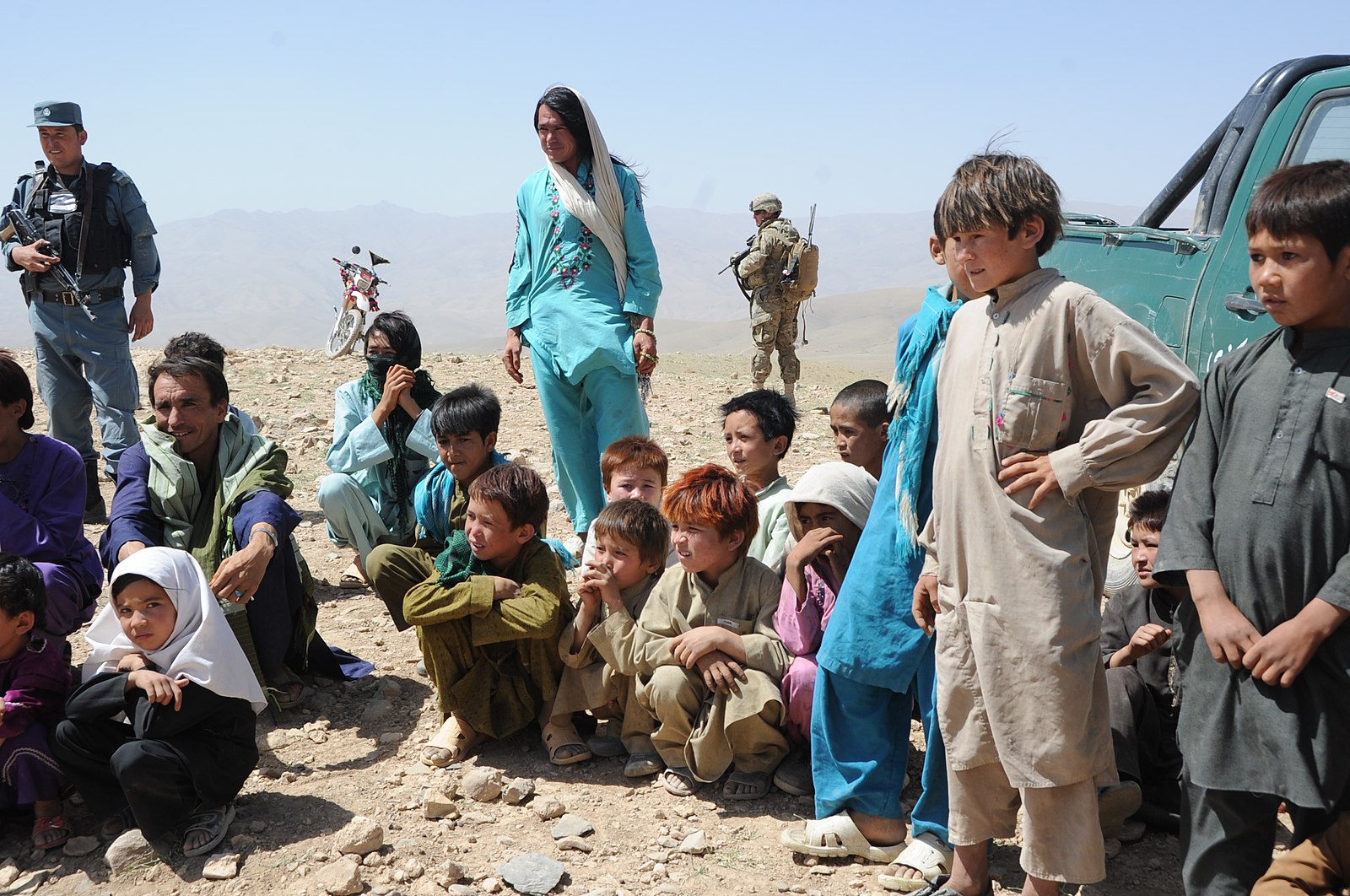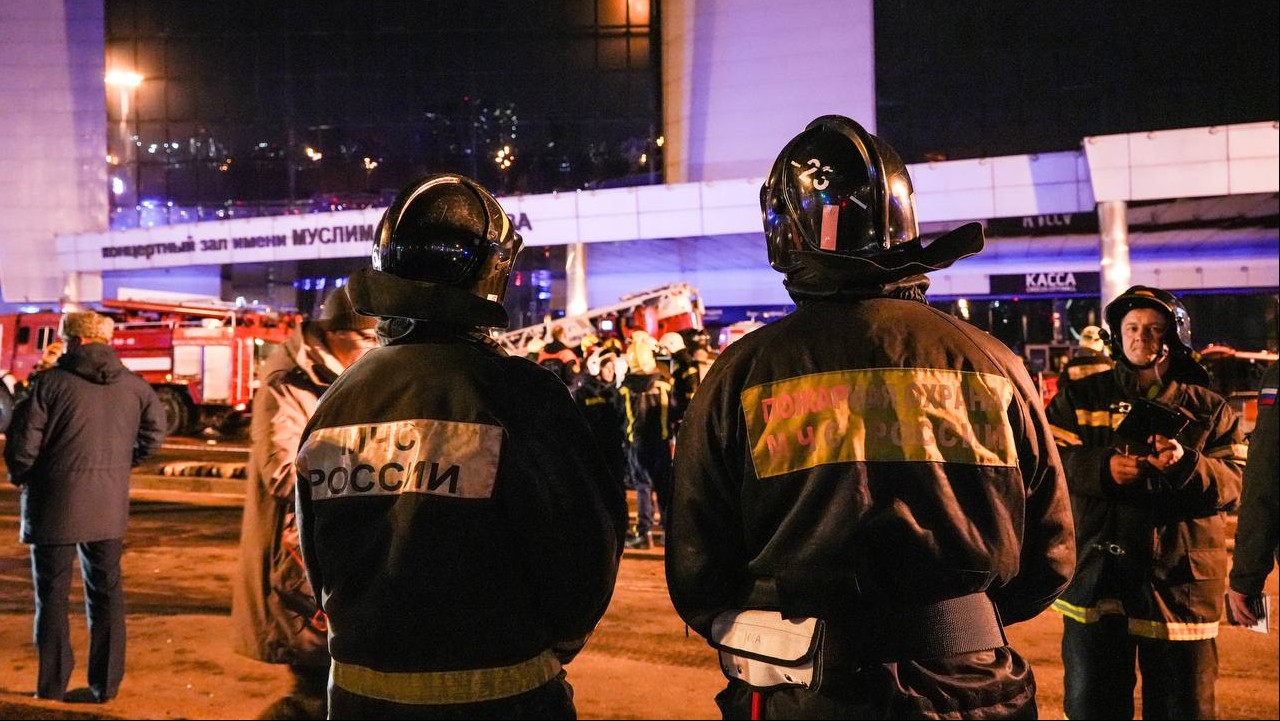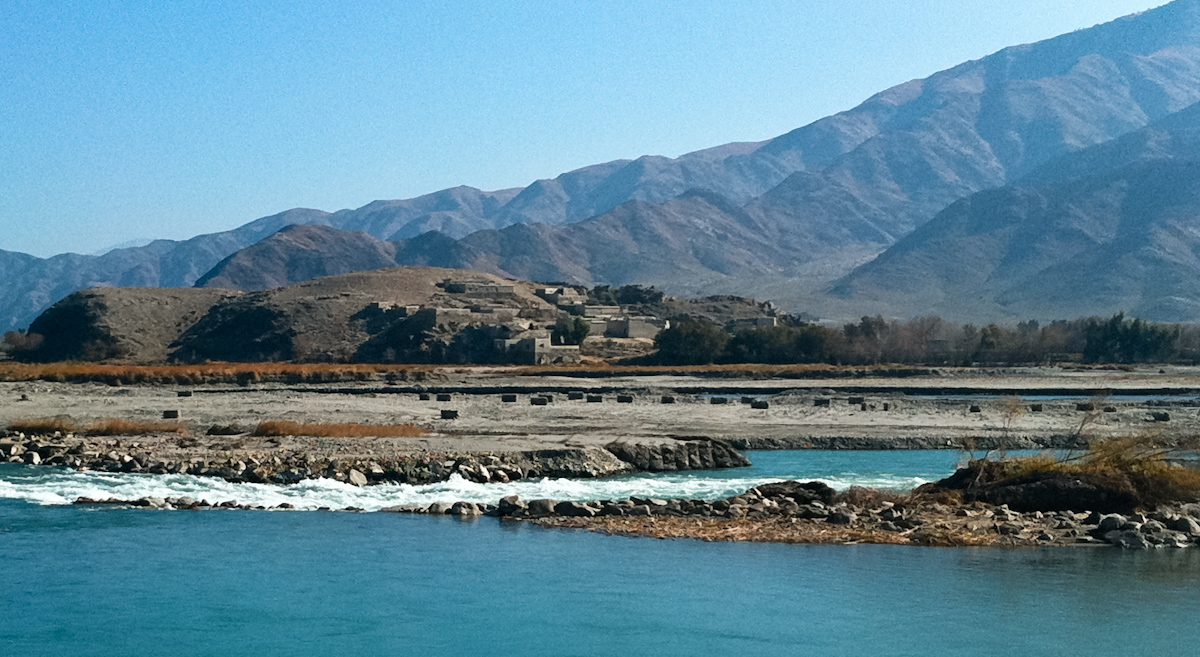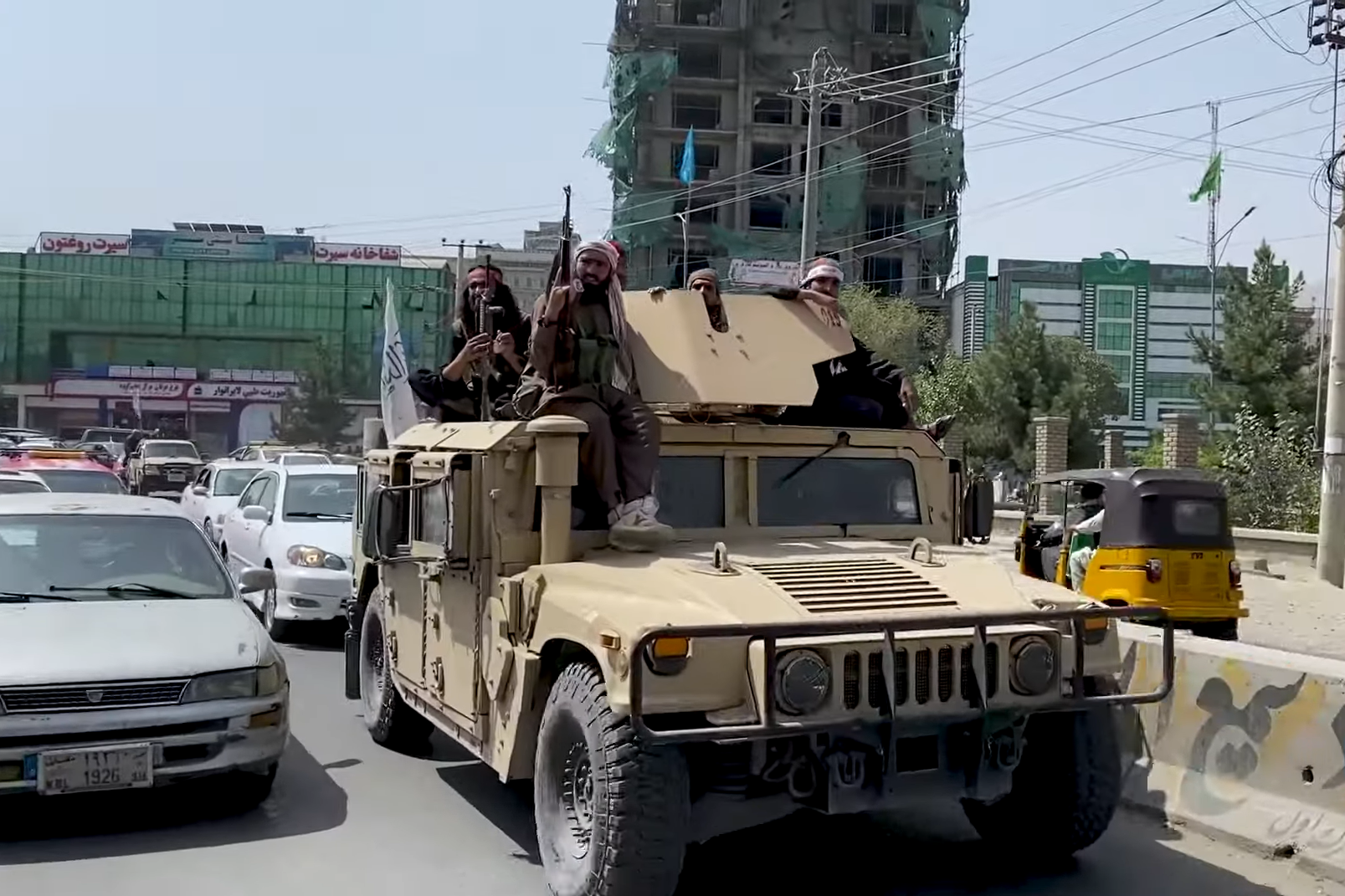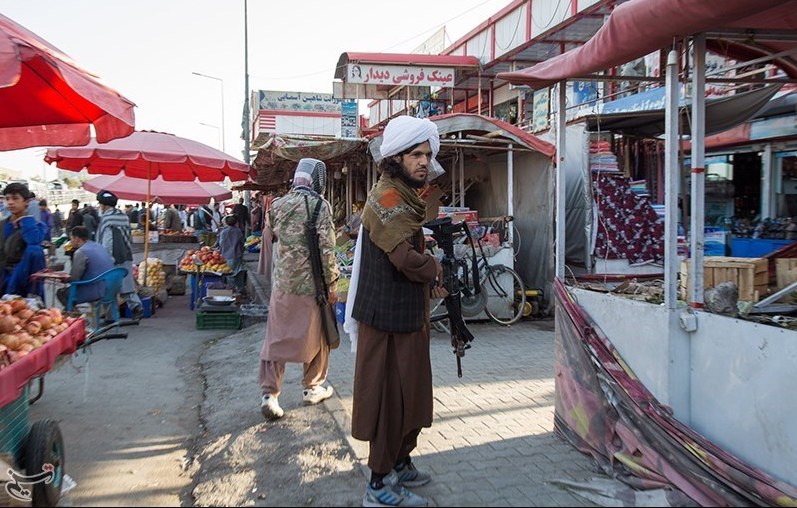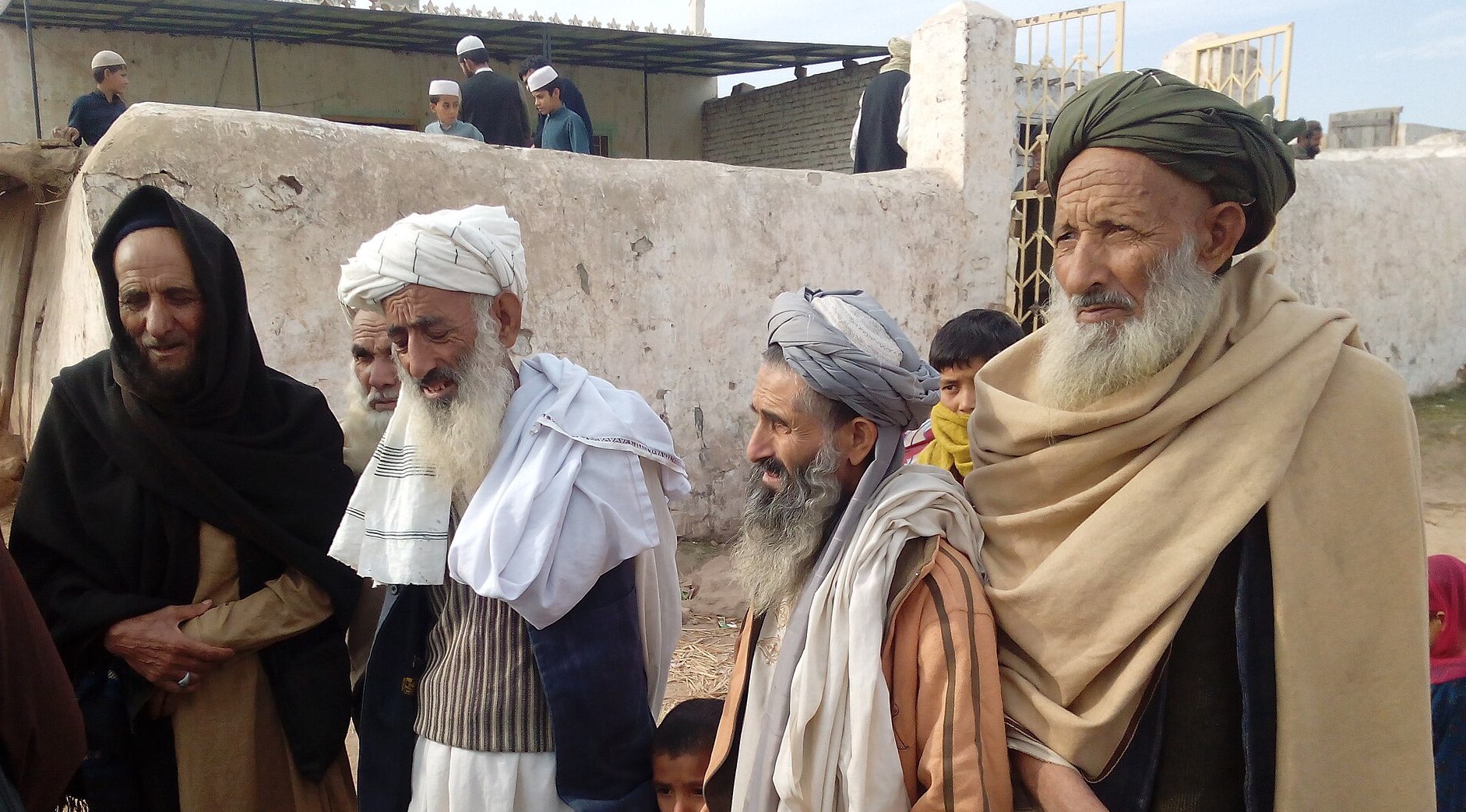
Pakistan court halts forced repatriation of Afghan musicians
The Peshawar High Court issued an interim order preventing the forced repatriation of around 150 Afghan singers and musicians who fled to Pakistan after the Taliban’s return to power in 2021. Justice Wiqar Ahmad, who presided over the case, instructed the government to issue a decision on the musicians’ asylum applications within two months. The court said that if the asylum claims are not resolved within 60 days, the interior ministry should grant permission for the petitioners to stay for a period sufficient to reach a final decision. The court also allowed the musicians to apply to the UN High Commissioner for Refugees (UNHCR) to process their asylum claims. The musicians filed their petition last year, citing fears of persecution under the Taliban, who banned music and suppressed artists during their first period in power from 1996 to 2001. (Photo: VOA via Wikimedia Commons)



